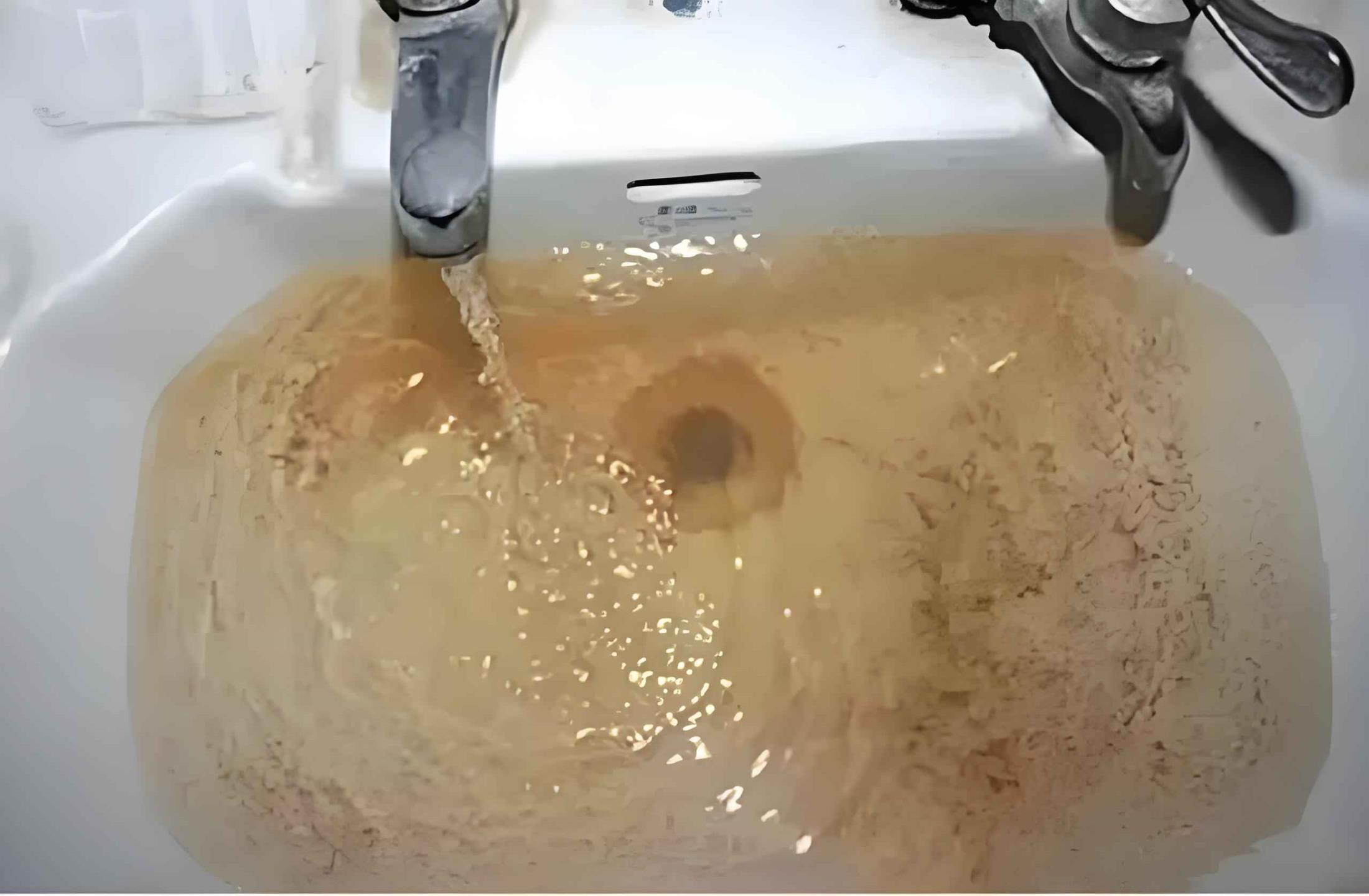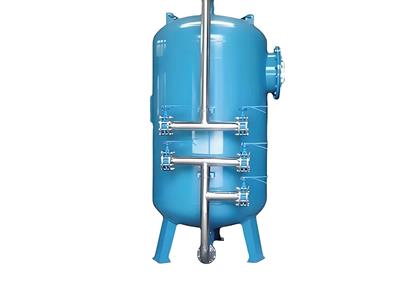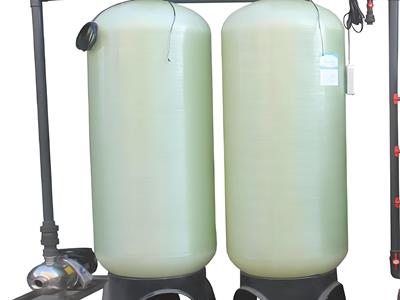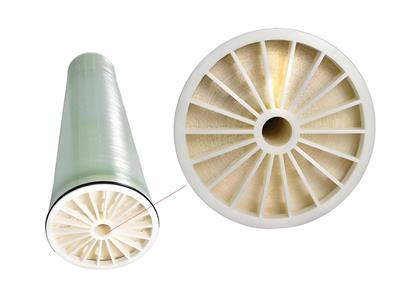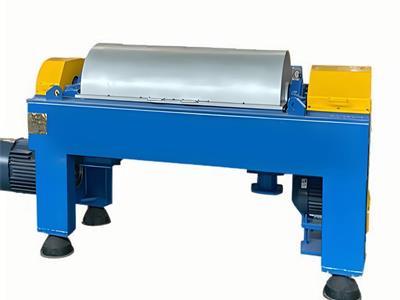- 2025-07-22
How to Remove Silt from Drinking Water
Silt characteristics and treatment technology
Material characteristics
Silt particles are between clay and sand, and are a key component of river and lake sediments and underwater soils. Silt-containing soils have good water permeability and retain water and nutrients; their structure is loose and easy to compact, and they have excellent adaptability to farming.
Silt water treatment process
FupengWater multi-media filter adopts a coarse-fine gradient filter layer design: large suspended particles are intercepted by the surface filter material, and fine particles are captured in the inner layer depth. The synergistic effect of the full filter bed achieves efficient removal of 5-15 micron particles. The filter material is strictly graded to ensure the stability of the backwashing process, and the automatic backwashing system can accurately remove the intercepted pollutants.
The equipment can effectively remove silt, clay, loose scale and organic suspended matter in the water source. When the treated water penetrates the filter material layer, the impurities are blocked in the pores or surface of the filter bed.
Challenges
Environmental impact of silt
Soil erosion caused by human activities causes abnormal accumulation of silt in the river channel, and it will spread to other water bodies during heavy rains. The feeding efficiency of freshwater filter feeders (fish, shellfish, etc.) is significantly reduced due to suspended silt, and the irrigation system is also at risk of silting.
Solution
FupengWater ultrafiltration system uses membrane separation technology to achieve:
Reduce the SDI value to the range required for reverse osmosis water inlet
Intercept bacteria, viruses and mineral particles
Produce ultra-low turbidity purified water
This technology prevents subsequent process equipment contamination from the root, and is particularly suitable for pretreatment of water sources with high silt content.
Advantages
Silt control technology can improve system operation stability, reduce maintenance frequency, and optimize equipment space utilization.

